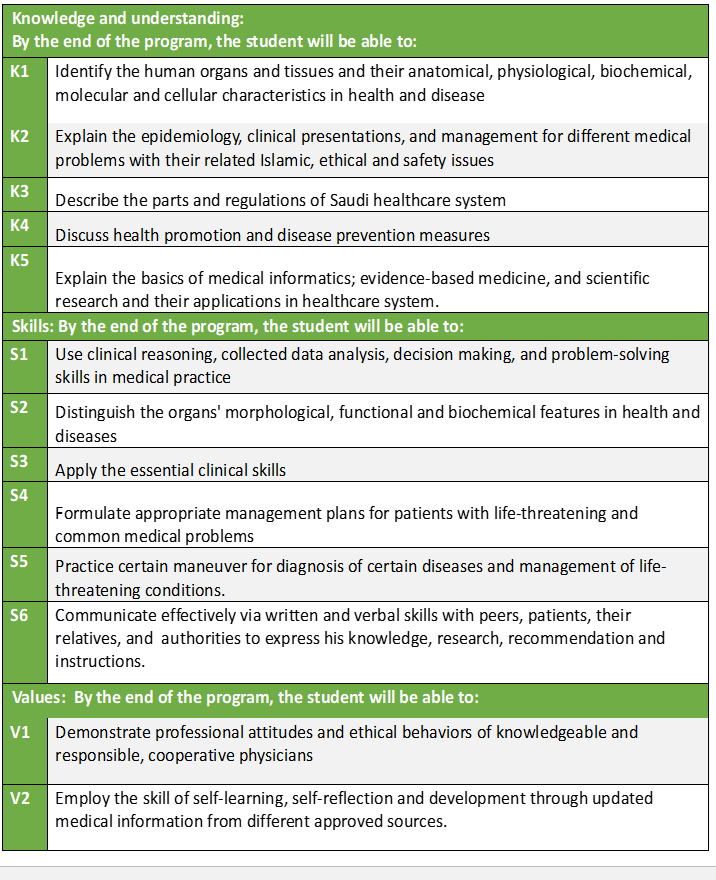- Homepage
- About the Faculty
- Bachelor of Medicine and Surgery Program
- Master of Medical Education
- Departments
- Students
- Alumni
- Media Center
- Contact us
Official government website of the Government of the Kingdom of Saudi Arabia
How to verify
Links to official Saudi websites end with edu.sa
All links to official websites of government agencies in the Kingdom of Saudi Arabia end with gov.sa.
Government websites use the HTTPS protocol for encryption and security.
Secure websites in the Kingdom of Saudi Arabia use the HTTPS protocol for encryption.
Registered with the Digital Government Authority under number :
20250414082